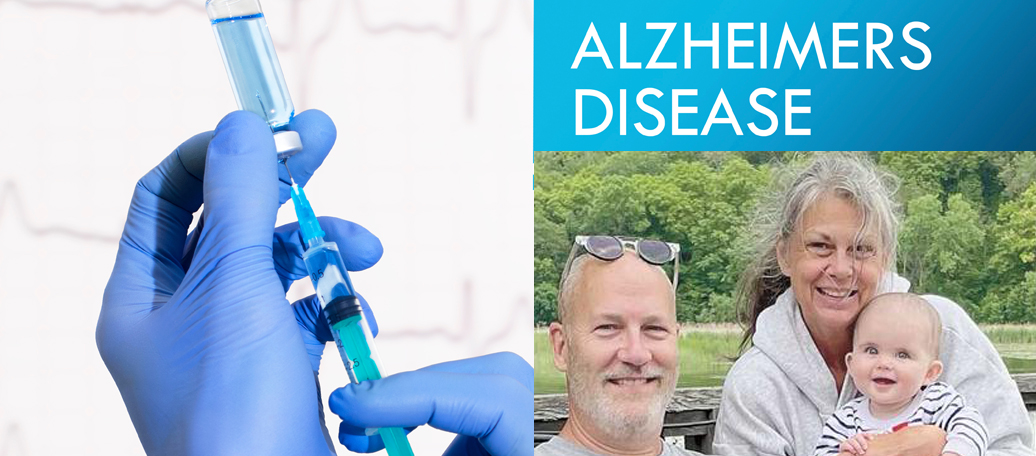ABHM offers more than housing and health care to seniors. Through our Crest Services division, we provide support to those with developmental disabilities or those who have suffered brain injuries. Crest Services operates in Iowa and Southern Minnesota. Our new blog post focuses on the Crest Services division, and is written by a family member of a recipient of our services.
March is Developmental Disabilities Awareness Month (DDAM), a time we here at Crest Services and people everywhere celebrate the achievements of individuals with developmental disabilities. This year’s theme, “We’re Here All Year,” led by the National Association of Councils on Developmental Disabilities (NACDD), calls on all of us to build communities where everyone, regardless of ability, truly belongs.
The message is clear: People with developmental disabilities are already part of our communities—working, learning, volunteering, and making a difference. They don’t need to be included because they already belong.
How It All Began
Developmental Disabilities Awareness Month was established in 1987 through a presidential proclamation by President Ronald Reagan. Its purpose is to promote the inclusion of people with disabilities in all aspects of society. It’s about celebrating differences and ensuring that individuals with developmental disabilities can thrive at school, work, and in life.
What Are Developmental Disabilities?
According to Easterseals, developmental disabilities are conditions that occur from birth to early childhood, impacting day-to-day functioning and often being lifelong diagnoses. Common examples include:
- Autism Spectrum Disorder
- Cerebral Palsy
- Down Syndrome
- Hearing or Vision Loss
- Learning Disorders
- ADHD
Understanding the Causes
Developmental disabilities can arise from various factors, including genetics, complications during birth, or parental health and behaviors during pregnancy. In many cases, the exact cause is unknown.
The Prevalence of Developmental Disabilities
Developmental disabilities affect more people than many realize. According to the Centers for Disease Control and Prevention (CDC):
- Over six million Americans live with these conditions.
- 17% of children in the U.S. between the ages of three and 17 have one or more developmental disabilities.
These numbers highlight the need for accessible environments and opportunities year-round—not just in March.
Building Inclusive Communities Beyond March
True inclusion means more than awareness—it means action. Here are a few ways to build communities where everyone feels they belong:
- Advocate for Accessibility: Support businesses and public spaces that prioritize accessibility.
- Promote Inclusive Hiring: Employers, consider offering more job opportunities for people with disabilities.
- Foster Social Connections: Invite people with developmental disabilities to community activities. Small actions can make a big difference.
Making a Difference Year-Round
As we recognize Developmental Disabilities Awareness Month, Crest Services remains dedicated to supporting individuals with developmental disabilities—not just in March, but all year long. Together, we can build communities where everyone has a chance to thrive.





